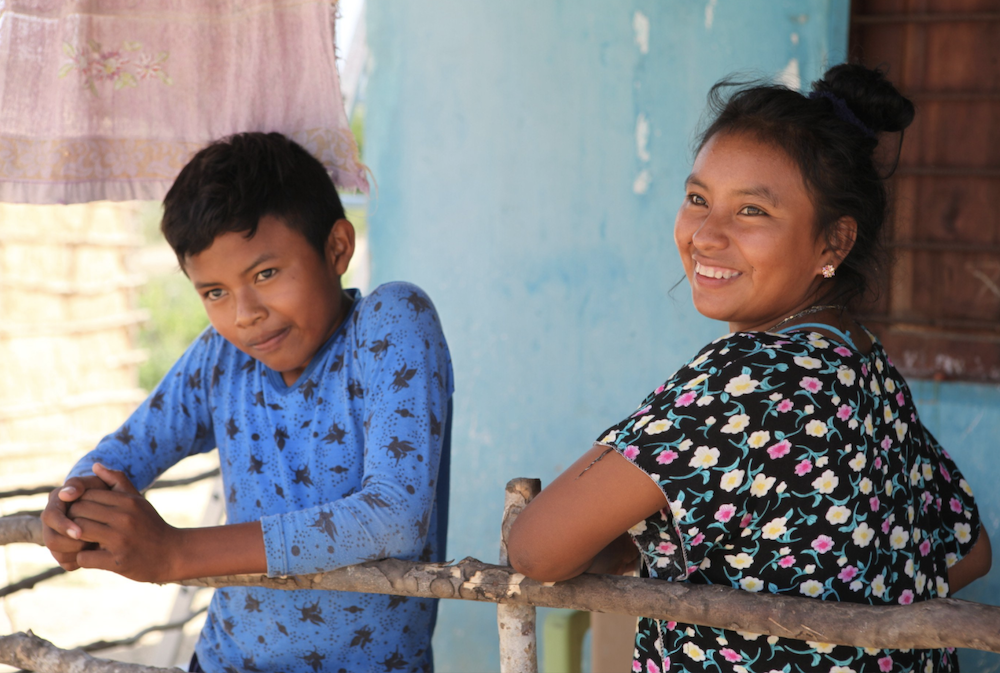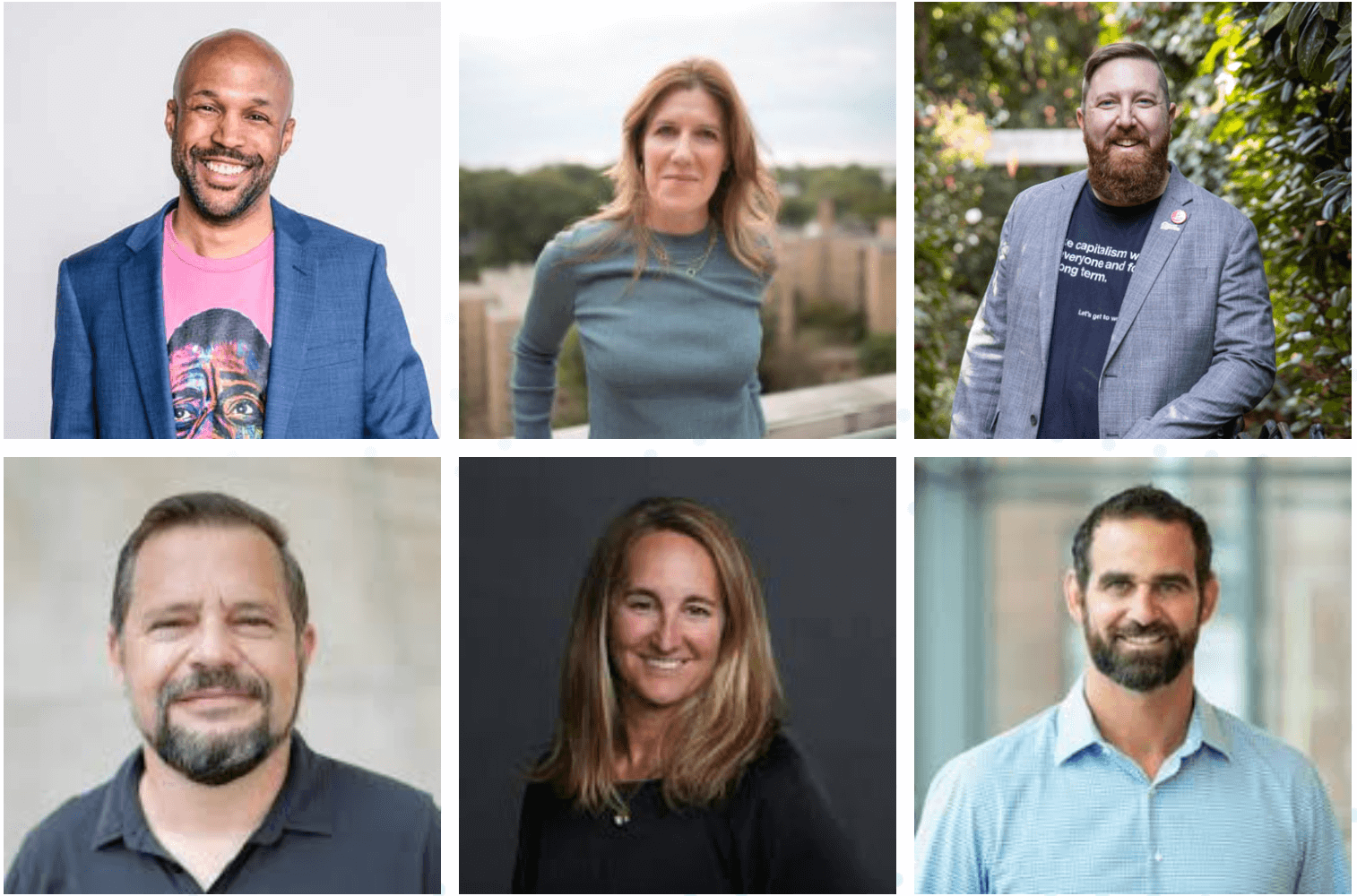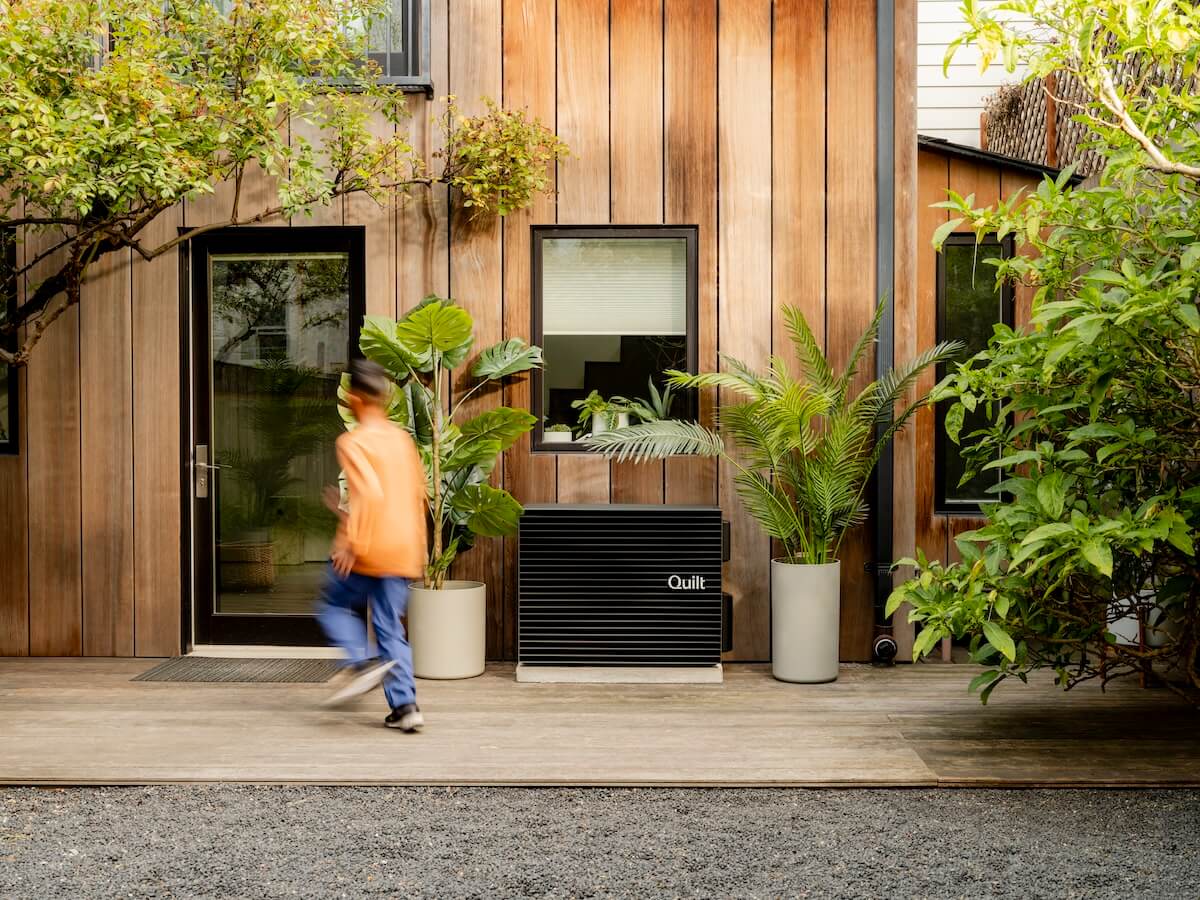ImpactAlpha, Aug. 18 – Entrepreneurs in Latin America are weathering the pandemic to create sales channels for small farmers, online education for students and clean, accessible energy for rural households.
But early-stage companies in the region that are delivering essential social and environmental services to low-income communities are struggling to access the kind of capital, at the right terms, that they need to grow. Many conventional investors need to cut checks too large for early-stage social ventures; too few impact funds can supply growth capital for enterprises ready to scale.
Bogota-based Acumen LatAm Impact Ventures, or ALIVE, has raised $28 million for the Acumen Latin America Early Growth Fund to invest in up to a dozen early stage social ventures, primarily in Colombia and Peru. A $1 million sidecar fund will help the firm provide support and validate impact.
Acumen, the global impact investing organization, is a sponsor of ALIVE, as well as a minority owner of the firm and limited partner in the fund manager’s first fund. ALIVE aims to demonstrate that filling the capital gap for young social ventures is not only possible and economical, but a competitive edge in the growing market for venture capital in Latin America.
The $5 million investment by the MacArthur Foundation that helped the fund reach the close is one of a series of investments in emerging fund managers the foundation has made as part of the Catalytic Capital Consortium, or C3, which also includes Omidyar Network and Rockefeller Foundation.
“This is the real economy and these are essential goods and services that the fund managers are investing in,” says MacArthur’s Lori Scott, who says the foundation’s investment signals the opportunity to other investors. “It also makes really good business sense.”
COVID-related disruptions to the financial system in Latin America have only increased the need to prove out the case. “There needs to be funds and instruments, we believe like ours, that prove the thesis for the region that these companies are able to achieve both financial returns but also social impact,” says ALIVE’s Santiago Alvarez.
Indispensable element in many impact investments: ‘catalytic capital’
Other LPs include IDB Lab of the Inter-American Development Bank Group and Dutch Good Growth Fund, as well as Latin American institutional investors Bancoldex, Mercantil Colpatria, Fundacion Bancolombia, Fundacion Sura and Fundacion, and Fundacion WWB Colombia. ALIVE raised a third of the fund from local investors.
Right fit
ALIVE’s early agribusiness, education technology and clean energy investments are proving resilient, if not prescient, during the COVID crisis.
The fund has backed Phoenix Foods, a Peruvian agribusiness that sources and commercializes fruits and vegetables from more than 700 farmers. Lima-based Crehana Education provides affordable, online training in creative industries to more than two million people. Levee is a Brazillian jobs platform for blue collar workers that helps corporations eliminate hiring biases against women and minority candidates. SunColombia is one of the leading providers of on and off-grid solar installations in Colombia.
Still, many conventional investors are cutting checks too large for such early social ventures or face restrictions to investing in emerging markets. Local fund managers are raising funds – even second funds – but the market is still nascent.
Second wave – and second funds – for Latin America impact fund managers
ALIVE co-founders, Santiago Alvarez and Virgilio Barco saw an opportunity to fill the gap. Preceding ALIVE, Acumen had begun to fill the very early-stage gap for promising social ventures in Latin America and around the world. As the first director of Acumen Latin America, Barco witnessed many impact ventures that had outgrown Acumen’s smaller ticket size but were unable to find growth capital. At Bamboo Capital, Alvarez saw many opportunities too early for Bamboo’s $5 to $8 million checks. They founded ALIVE to make investments in the $1 to $3 million range.
“We just came across a lot of companies that were at another level, that had figured out the business model, that were growing, had a lot of impact, really good teams,” says Barco, “but were having difficulty in accessing financing.”
The fund provides a mix of equity and quasi-equity products, including revenue-based financing. Adobe Capital, Pomona Impact, Alterna and other Latin American impact investors have also turned to such flexible funding to serve early stage ventures with uncertain cash flows, preserve ownership in the early stages and relieve the need for a formal exit.
Though ALIVE is first-time fund manager, it leverages Acumen’s more than two decades of experience, deep sector knowledge and global network. It mines customer data for insights on impact and invests with a gender lens to ensure investee companies benefit women – practices long part of the Acumen playbook.
Impact investors often fail to meet the capital needs of enterprises in the region, says Alterna’s Daniel Buchbinder, who regularly convenes impact investors in Central America. “That teams like ALIVE are gaining traction means a lot for the ecosystem,” he told ImpactAlpha.
Catalytic capital
Taking risk on emerging fund managers has emerged as a theme of the Catalytic Capital Consortium. “Having the MacArthur stamp of approval, so to speak, is something that enhances our reputation, enhances our voice, our credibility,” says Barco.
MacArthur investments in Impact America Fund and Prime Impact Fund have also sought to help early fund managers build a track record and demonstrate investment theses in underinvested sectors and geographies.
“Without a track record, most conventional investors are just not able to invest no matter what the returns look like,” says MacArthur’s Scott. “We’re hoping by demonstrating the power of this and demonstrating success it will encourage other investors to follow on and invest in the future.”
Last year, MacArthur, Omidyar and Rockefeller formed the consortium to demonstrate the power of investments that accept higher risks, lower returns, more flexible terms or longer repayment periods. ALIVE was selected from a pool of 112 candidates.











